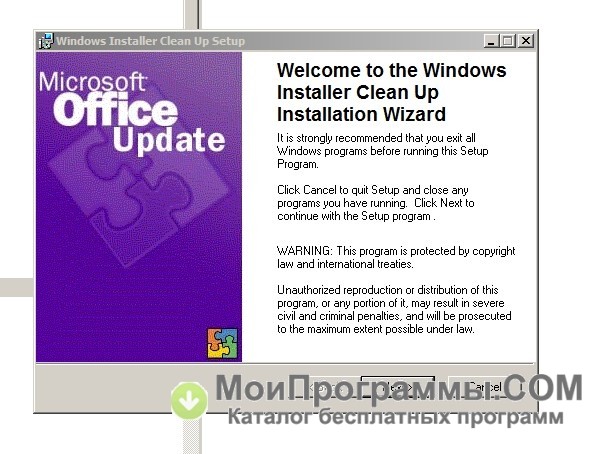

NET Framework cleanup tool on every operating system. Not all of the above products will appear in the UI for the. NET Framework that is on your computer or they will not work correctly afterward. If you run the cleanup tool, you will need to perform a repair/re-install for all other versions of the. This cleanup tool will delete shared files and registry keys used by other versions of the.

You should try the steps listed in this blog post before using this cleanup tool. It is not a substitute for the standard uninstall procedure. This tool is designed as a last resort for cases where install, uninstall, repair or patch installation did not succeed for unusual reasons. There are a couple of significant caveats that you should review before using this tool to remove any version of the.

The tool is intended primarily to return your system to a known (relatively clean) state in case you are encountering.NET Framework installation, uninstallation, repair or patching errors so that you can try to install again. It will remove files, directories, registry keys and values and Windows Installer product registration information for the. NET Framework cleanup tool is designed to automatically perform a set of steps to remove selected versions of the. Sudo rm -rf /Applications/Adobe* /Applications/Utilities/Adobe* /Library/Application\ Support/Adobe /Library/Preferences/com.adobe.* /Library/PrivilegedHelperTools/com.adobe.* /private/var/db/receipts/com.adobe.* ~/Library/Application\ Support/Adobe* ~/Library/Application\ Support///com.adobe* ~/Library/Application\ Support/CrashReporter/Adobe* ~/Library/Caches/Adobe ~/Library/Caches/com.Adobe.* ~/Library/Caches/com.adobe.* ~/Library/Cookies/com.adobe.* ~/Library/Logs/Adobe* ~/Library/PhotoshopCrashes ~/Library/Preferences/Adobe* ~/Library/Preferences/com.adobe.* ~/Library/Preferences/Macromedia* ~/Library/Saved\ Application\ State/. Type a one line command in terminal find ~/ -iname "*adobe*" and it's shows up all files which match pattern. Adobe does recommend running individual application uninstallers first, your call. Download and run the Adobe Creative Cloud Cleaner Tool, their multi-app uninstaller and wipe assistant.


 0 kommentar(er)
0 kommentar(er)
